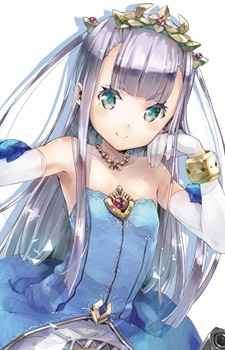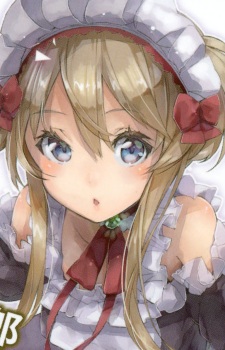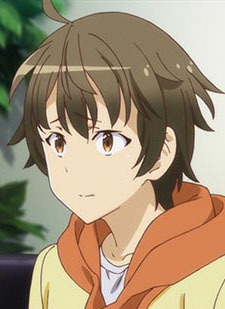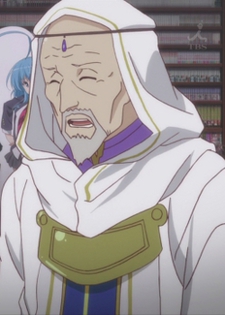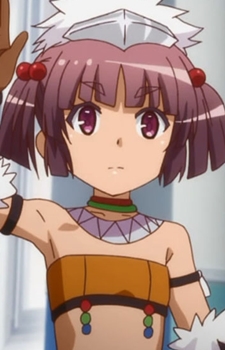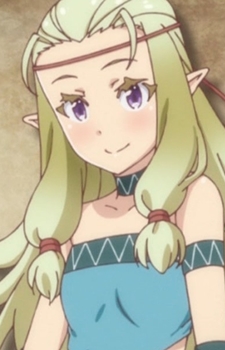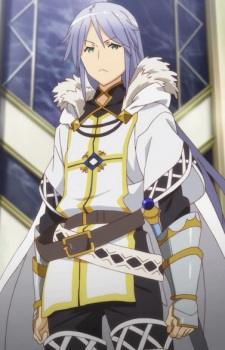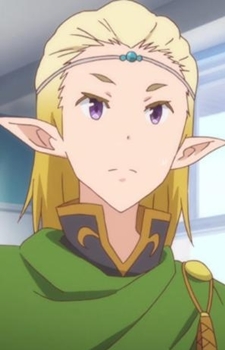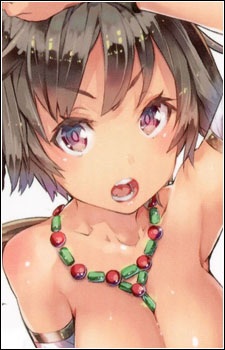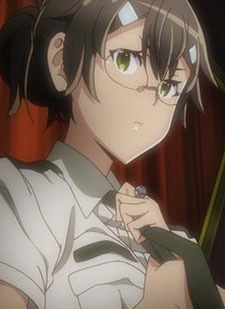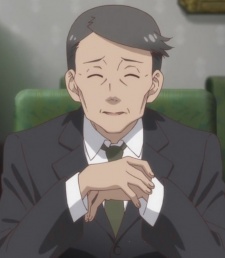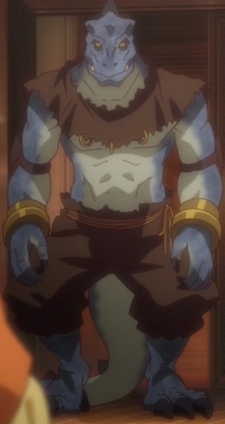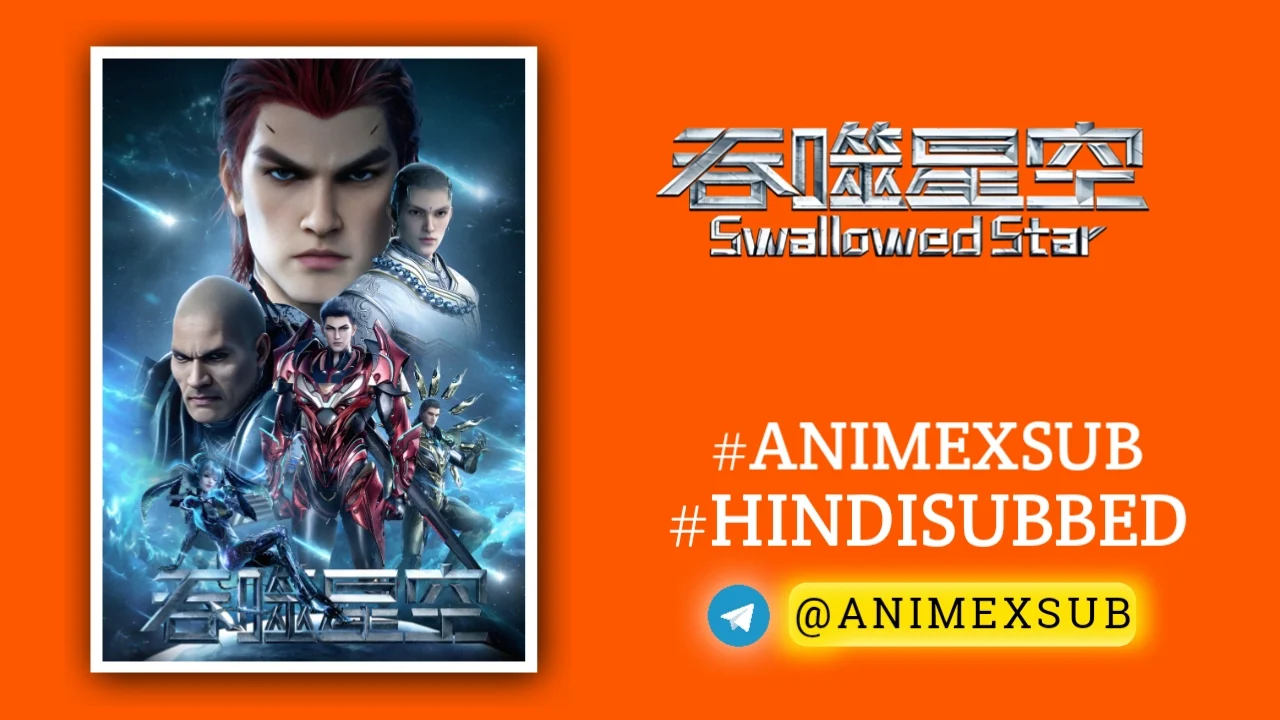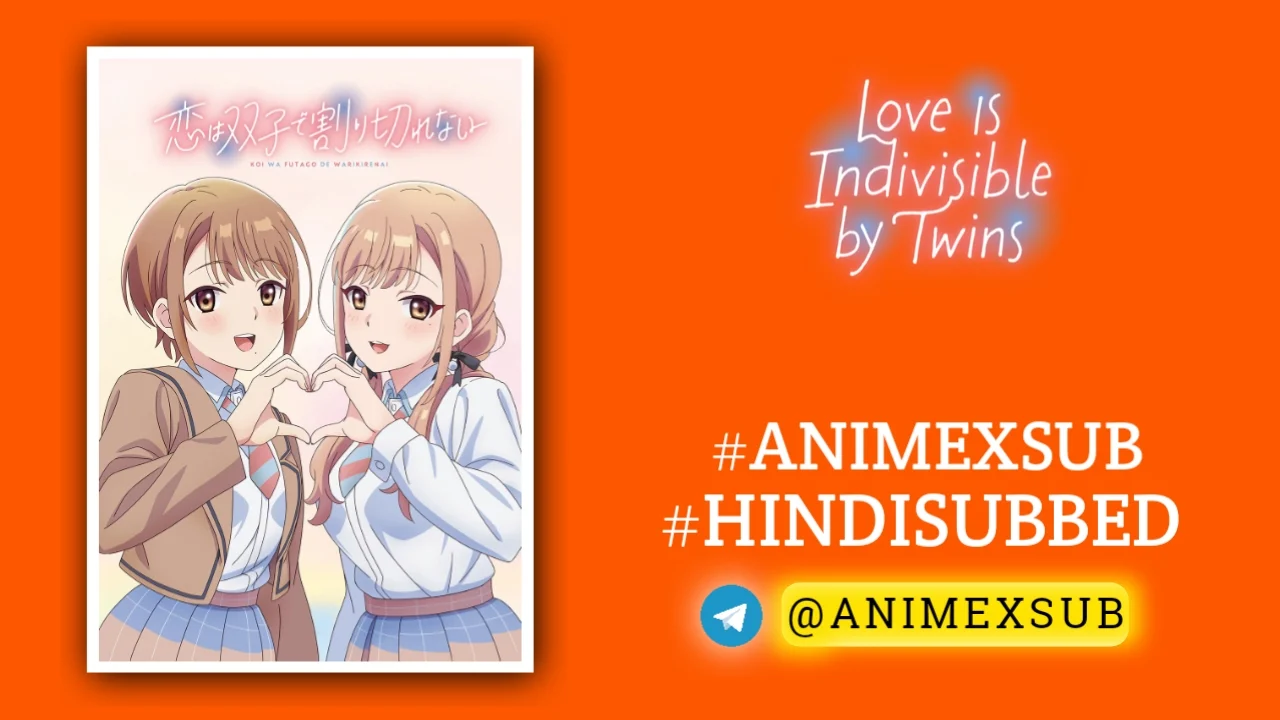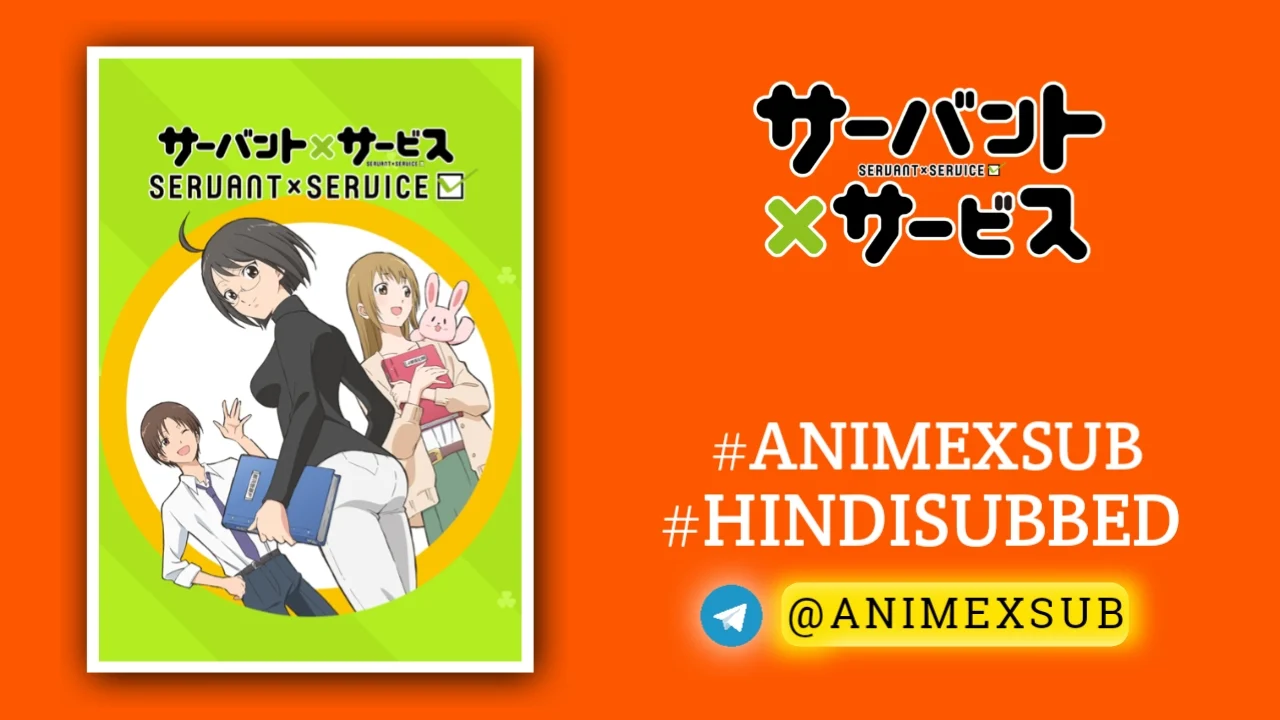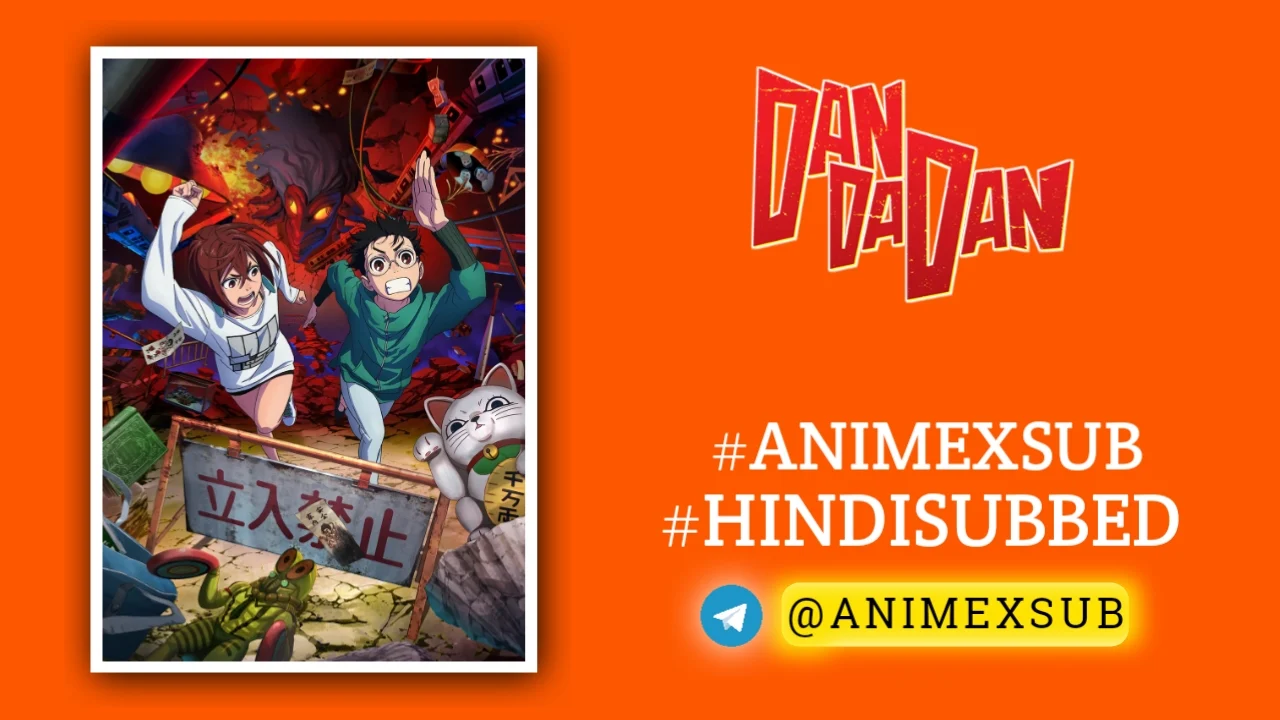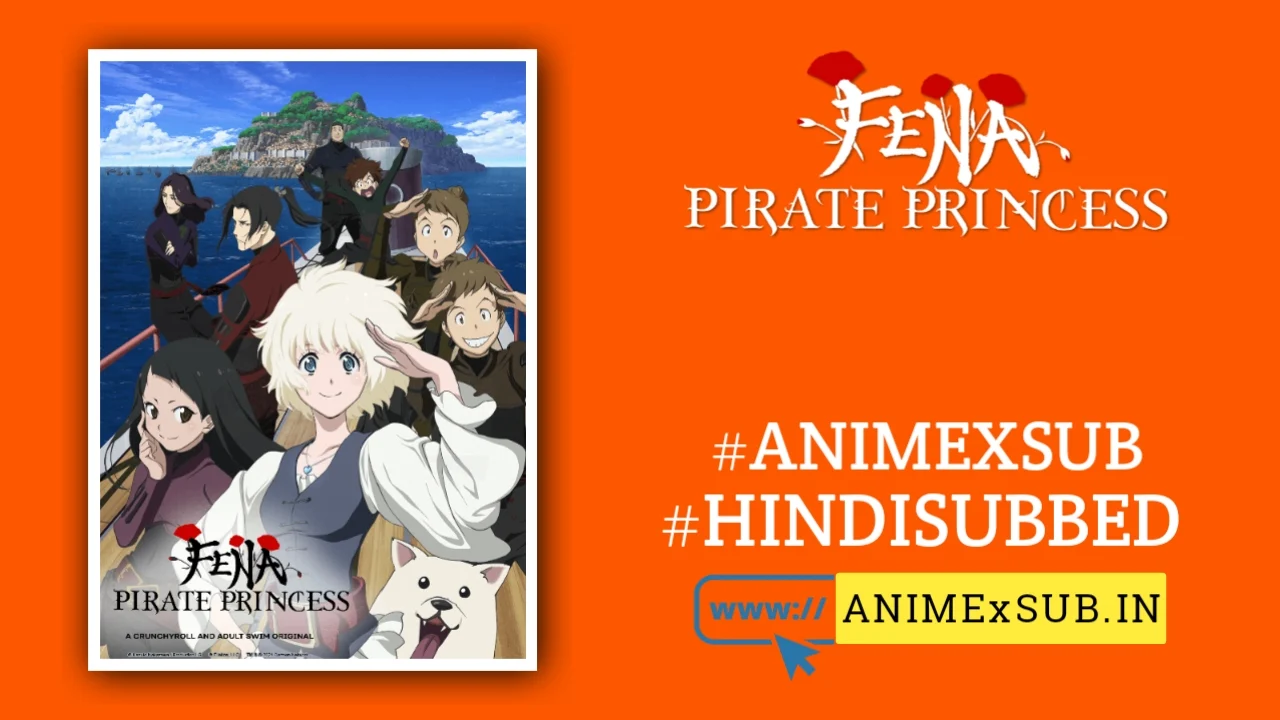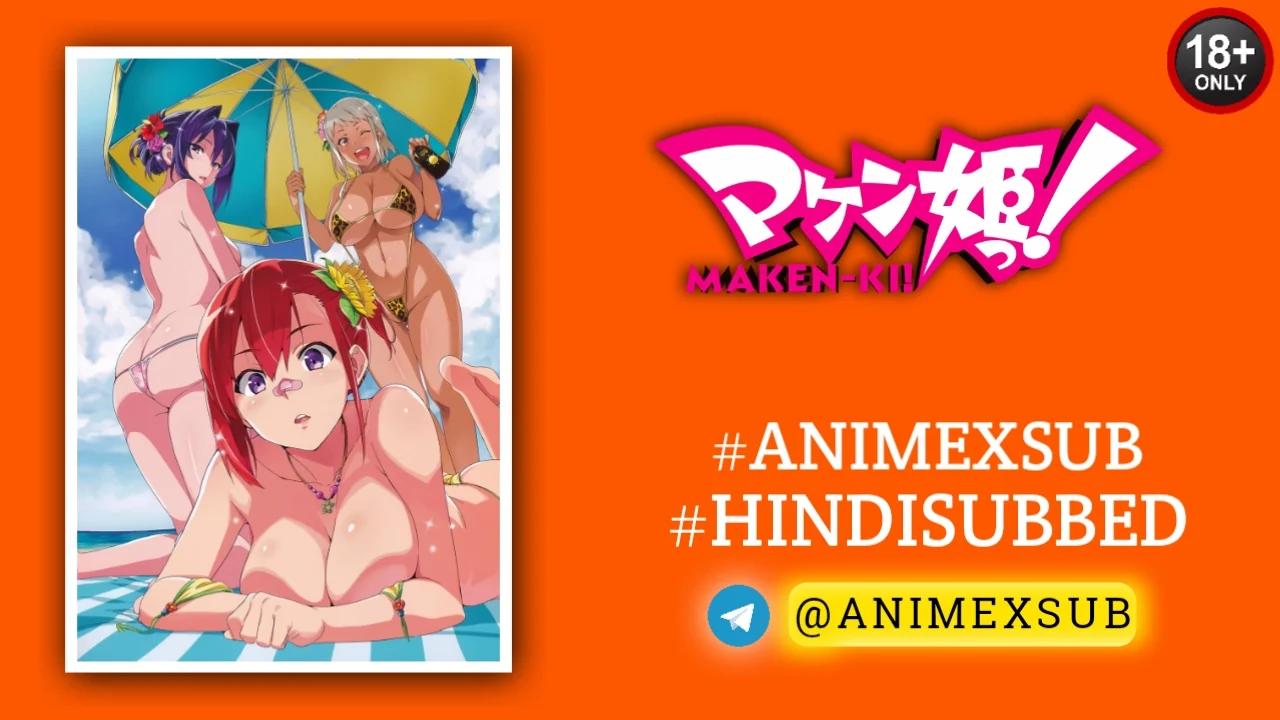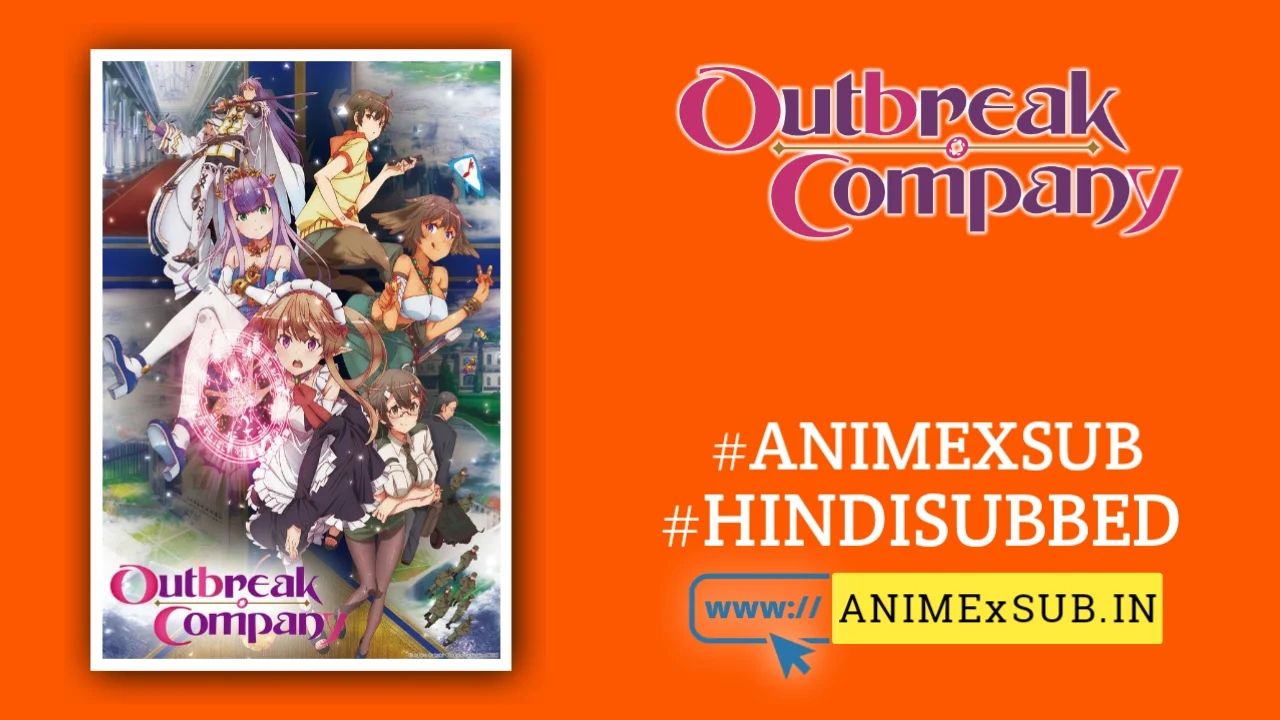
Outbreak Company Season 1 Hindi Subbed [12/12] {Complete}
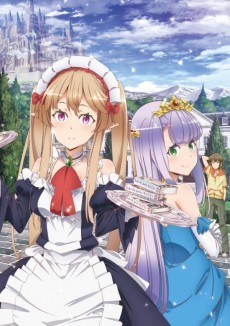
Outbreak Company
Outbreak CompanySynopsis
Having a light novel author father and an eroge illustrator mother, Kanou Shinichi is a thoroughbred otaku. However he does not have any special power except for his broad knowledge, sharp insight, and impeccable instinct about "MOE" and its products, from manga to anime to games to light novel to figures. One day he found himself transported to a fantasy world where elves live and dragons fly. And he is given a task—not to fight monster or embark on a quest, but to enhance cultural exchange by becoming a "moe missionary" in this fantasy world! He meets a palace guard who has a bit of fujoshi taste, a half-elf maid, and the empress who is a little girl. He comes up with the idea of building a school. At first it runs as a comedy but later there are serious matters that Shinichi needs to face: ethnic discrimination, social problems, conflict with neighboring countries, sabotage by opposition elements including Japanese government, etc. Can he overcome the obstacles, successfully bring "moe" culture to the fantasy world, and help the people there as well?
Watch Trailer
Characters
Outbreak Company: Season 1 – A Subversive Isekai That Challenges Cultural Narratives
Outbreak Company: Moeru Shinryakusha (2013), adapted from Ichirō Sakaki’s light novel series, is an anime that defies easy categorization. On its surface, it’s a lighthearted isekai comedy about an otaku tasked with spreading Japanese pop culture in a fantasy world. Dig deeper, and it reveals itself as a sharp, self-aware critique of cultural imperialism, otaku identity, and the commodification of art. Season 1, spanning 12 episodes, balances humor, heart, and unexpected depth, making it a standout in the early wave of isekai anime. This article explores what makes Outbreak Company a unique and thought-provoking series, avoiding the tropes that bog down its peers while offering insights that resonate beyond its fantastical premise.
The Premise: A NEET’s Mission in a Fantasy World
Shinichi Kanou, a self-professed shut-in otaku, lives a life immersed in anime, manga, and video games. After acing a mysterious online quiz about otaku culture, he’s offered a job, only to be drugged and whisked away to the Eldant Empire—a medieval fantasy realm populated by elves, dwarves, and dragons. There, the Japanese government assigns him an absurd task: to spread otaku culture as a form of soft power to strengthen diplomatic ties. Armed with government backing, a half-elf maid named Myucel Foaran, a military bodyguard Minori Koganuma, and the pint-sized Empress Petralka Anne Eldant III, Shinichi sets out to evangelize anime and manga in a world that’s never heard of Evangelion or Dragon Ball.
At first glance, the setup screams wish-fulfillment fantasy: a nerdy protagonist revered for his niche knowledge in a world tailor-made for his passions. But Outbreak Company quickly subverts expectations. Shinichi’s mission isn’t a heroic quest; it’s a government-sanctioned cultural invasion. The series doesn’t shy away from questioning the ethics of his role, turning a seemingly goofy premise into a meditation on cultural exchange, power dynamics, and identity.
A Masterclass in Tonal Balance
What sets Outbreak Company apart is its ability to juggle tones without losing coherence. The show is funny, heartfelt, and occasionally dark, weaving these elements into a narrative that feels organic. The humor lands through clever meta-references—Shinichi’s mansion is littered with posters of real anime like Yosuga no Sora—and playful jabs at otaku stereotypes. For instance, elves and dwarves bicker over which eroge is superior, a absurdly specific parody of fanboy debates. Yet, the comedy never feels forced or overly reliant on name-dropping, striking a balance that keeps both casual viewers and seasoned anime fans engaged.
The series also excels in its quieter moments. Shinichi’s bond with Myucel, a half-elf shunned for her heritage, is tender and authentic, grounded in mutual respect rather than harem clichés. Their relationship evolves through small gestures, like Shinichi teaching Myucel to read Japanese, highlighting the show’s emphasis on cultural bridge-building over romantic pandering. Similarly, Petralka’s bratty exterior hides a vulnerable core, her struggles as a young ruler adding emotional weight to her arc.
But Outbreak Company doesn’t stop at feel-good moments. It dares to confront uncomfortable truths. Episode 3 introduces a terrorist group opposed to Shinichi’s cultural imports, framing his mission as an act of invasion. Later episodes tackle slavery, classism, and espionage, with characters like Elbia, a werewolf spy, complicating the narrative. These darker threads don’t overwhelm the story but enrich it, forcing viewers to question the implications of Shinichi’s actions.
Deconstructing Otaku Culture and Cultural Imperialism
At its core, Outbreak Company is a critique of otaku culture and its global influence. Shinichi isn’t a flawless hero; he’s a flawed, self-aware otaku who grapples with the absurdity of his mission. His encyclopedic knowledge of “moe” makes him a celebrity in Eldant, but the show doesn’t glorify his obsession. Instead, it pokes fun at otaku excesses—Shinichi’s drooling over elf maids is played for laughs—while celebrating the universal appeal of storytelling. When Eldant’s citizens embrace anime, it’s not because it’s inherently superior but because it speaks to shared human emotions.
The series also interrogates cultural imperialism with surprising nuance. Shinichi’s role as an “Otaku Missionary” mirrors real-world soft power strategies, where nations export culture to gain influence. The Japanese government’s motives are opaque, hinting at economic and political agendas. By Episode 12, Shinichi faces a moral dilemma: is he genuinely fostering understanding, or is he a pawn in a larger scheme? The show doesn’t provide easy answers, instead inviting viewers to reflect on the ethics of cultural exchange. This thematic depth elevates Outbreak Company above typical isekai fare, which often prioritizes escapism over introspection.
Characters That Breathe Life into the Story
The cast of Outbreak Company is its beating heart. Shinichi is a refreshing protagonist—neither overpowered nor insufferably dense. His growth from a naive otaku to a diplomat who challenges his own government is compelling, driven by his empathy for Eldant’s people. Myucel, often the emotional anchor, subverts the “maid trope” with her quiet strength and complex backstory. Petralka’s mix of tsundere antics and regal poise makes her endearing, while Minori, an otaku fangirl herself, adds levity and meta-commentary.
Secondary characters like Elbia and Brooke, a lizardman servant, shine in their own right. Elbia’s animalistic quirks (chasing soccer balls, going into heat) are hilarious but also tie into her role as a spy, adding layers to her character. Brooke’s arc addresses slavery head-on, using his loyalty to Shinichi to explore themes of agency and dignity. Each character feels distinct, their interactions driving the story’s emotional and thematic beats.
Production Values: Solid, If Unflashy
Produced by studio Feel, Outbreak Company boasts competent animation that serves the story without stealing the spotlight. Character designs are expressive, capturing the vibrancy of Eldant’s diverse inhabitants. Backgrounds, from Shinichi’s anime-stuffed mansion to the imperial palace, are detailed enough to immerse viewers in the world. The color palette is warm and inviting, complementing the show’s lighthearted tone, though it lacks the visual flair of higher-budget series.
The soundtrack, while unremarkable, fits the mood, with the opening theme “Univer Page” by Suzuko Mimori (Myucel’s voice actress) capturing the show’s whimsical energy. The ending, “Watashi no Hōsekibako” by Mai Fuchigami (Petralka’s voice actress), is a sweet, character-driven piece. The Japanese voice cast is stellar, with Natsuki Hanae bringing earnestness to Shinichi and Maaya Uchida infusing Petralka with charm. The English dub, while serviceable, struggles with some characters’ emotional nuance, making the sub the preferred choice for most viewers.
Why It Stands Out in the Isekai Genre
Aired in 2013, Outbreak Company predates the isekai boom of the late 2010s, offering a fresh take before the genre became saturated with cookie-cutter stories. Unlike many isekai that lean on overpowered protagonists or harem antics, Outbreak Company prioritizes world-building and character-driven storytelling. Its fantasy setting feels lived-in, with political factions, cultural tensions, and economic disparities shaping the narrative. The show also avoids the “chosen one” trope—Shinichi’s “power” is his niche knowledge, not combat prowess, grounding his journey in relatable human struggles.
Compared to contemporaries like Log Horizon or Sword Art Online, Outbreak Company is less epic but more introspective. It shares DNA with Gate: Jieitai Kanochi nite, Kaku Tatakaeri (2015), another isekai about Japanese influence in a fantasy world, but Outbreak Company is more critical of its premise, refusing to uncritically celebrate cultural dominance. Its blend of satire, sincerity, and social commentary makes it a precursor to later self-aware isekai like Konosuba or Re:Zero.
Flaws and Missed Opportunities
No series is perfect, and Outbreak Company has its shortcomings. The animation, while solid, lacks the polish to elevate key moments. Some episodes feel padded, with slice-of-life segments that slow the pacing. The show’s serious themes—slavery, terrorism, espionage—can feel underdeveloped, as the 12-episode runtime limits their exploration. For example, the terrorist subplot in Episode 3 resolves too neatly, missing a chance to delve deeper into Eldant’s resistance.
The otaku references, while clever, may alienate casual viewers unfamiliar with niche series like Yosuga no Sora. Conversely, hardcore fans might find the references too surface-level, though the show’s humor mitigates this. Finally, the ending, while satisfying, leaves threads unresolved, reflecting the light novel’s ongoing nature at the time. With no second season (and low Blu-ray sales of ~1,600 copies for Volume 1 suggesting it’s unlikely), some viewers may feel cheated by the lack of closure.
Legacy and Relevance in 2025
In 2025, Outbreak Company remains a hidden gem, overshadowed by flashier isekai but ripe for rediscovery. Its exploration of cultural exchange feels timely in an era of globalization and digital cultural exports. The show’s critique of otaku culture resonates as anime’s global influence grows, with platforms like Crunchyroll and Netflix amplifying Japanese pop culture’s reach. Its nuanced take on soft power also invites parallels to real-world cultural diplomacy, from K-pop’s global spread to Hollywood’s dominance.
For fans, Outbreak Company is a love letter to anime that doesn’t shy away from poking fun at its excesses. For newcomers, it’s an accessible entry into isekai with enough humor and heart to overcome its dated visuals. The series’ refusal to glorify its premise or its protagonist makes it a refreshing antidote to the genre’s more indulgent tendencies.
Final Verdict
Outbreak Company: Season 1 is a bold, underappreciated anime that transcends its quirky premise to deliver a story that’s equal parts funny, moving, and thought-provoking. By blending otaku satire with sharp commentary on cultural imperialism, it carves a unique niche in the isekai landscape. Its flawed but endearing characters, nuanced themes, and self-aware humor make it a must-watch for anyone craving a series that challenges conventions while still embracing the joy of anime.
Whether you’re an otaku like Shinichi or a skeptic of cultural exports, Outbreak Company offers something rare: a fantasy adventure that asks you to think as much as it makes you laugh. In a genre often defined by escapism, this is an isekai that dares to confront reality—and that’s what makes it unforgettable.
Sources:
Support Our Anime Community!
Love watching the latest anime? Help us keep uploading new episodes by join telegram channel ❤️
Join Now!